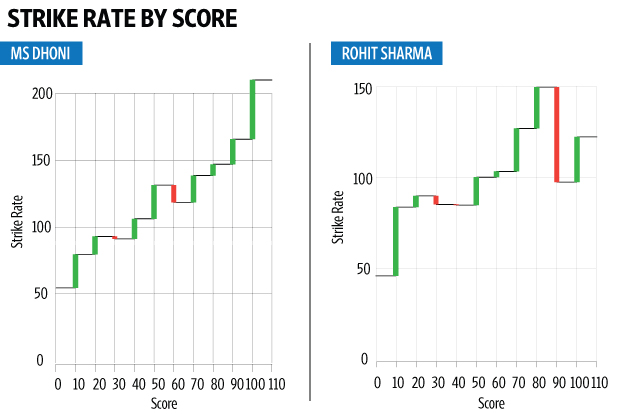As early readers on this blog might be aware of, I had several unsuccessful attempts at getting into a relationship before I eventually met the person who is now my wife. Each of those early episodes had this unfailing pattern – I’d somehow decide one day that I loved someone, get obsessed with her within a short period of time, and see dreams for living together happily ever after.
All this would happen without my having made the least effort on figuring out how to communicate my feelings for the person in question, and that was something I was lousy at. On a couple of occasions I took a high risk strategy, simply approaching the person in question (either in person or online), and expressing my desire to possibly get into a long-term gene-propagating relationship with her.
Most times, though, I’d go full conservative. Try to make conversation. Talk about banal things. Talk about things so banal that the person would soon find me uninteresting and not want to talk to me any more; and which would mean that I had no chance of getting into a relationship – never mind “long-term” and “gene-propagating”.
So recently Pinky the ladywife (who, you might remember, is a Marriage Broker Auntie) and I were talking about strategies to chat up people you were interested in (I must mention here we used to talk about such random stuff in our early conversations as well – Pinky’s ability to indulge in “arbit conversations” were key in my wanting to get into a long-term gene-propagating relationship with her).
As it happens with such conversations, I was telling stories of how I’d approach this back in the day. And we were talking about the experiences of some other people we know who are on the lookout for long-term gene-propagating relationships.
Pinky, in one of her gyaan-spouting moods, was explaining why it’s important that you DON’T have banal conversations in your early days of hitting on someone. She said it is important that you try to make the conversation interesting, and that meant talking about potentially contentious stuff. Sometimes, this would throw off the counterparty and result in failure. But if the counterparty liked the potentially contentious stuff, there was a real chance things might go forward.
I might be paraphrasing here, but what Pinky essentially said is that in the early days, you should take a high-risk strategy, but as you progress in your relationship, you should eschew risk, and become more conservative. This way, she said, you maximise the chances of getting into and staying in a relationship.
While I broadly agree with this strategy (when she first told me this I made a mental note of why I’d never been able to properly hit on anyone in the first place), what I was struck by is how similar it is to save for your retirement. 
There are many common formulae that financial advisors and planners use when they help clients save for retirement. While the mechanics might vary, there is a simple principle – invest in riskier securities when you are young, and progressively decrease the risk profile of your portfolio as you grow older. This way, you get to maximise the expected portfolio value at the time of retirement. Some of these investment strategies are popularly known as “glide path” strategies.
Apart from gene propagation, one of the purposes of getting into a long-term relationship is that there will be “someone who’ll need you, someone who’ll feed you when you’re sixty four”. Sixty four is also the time when you’re possibly planning to retire, and want to have built up a significant retirement kitty. Isn’t it incredible that the strategies for achieving both are rather similar?

